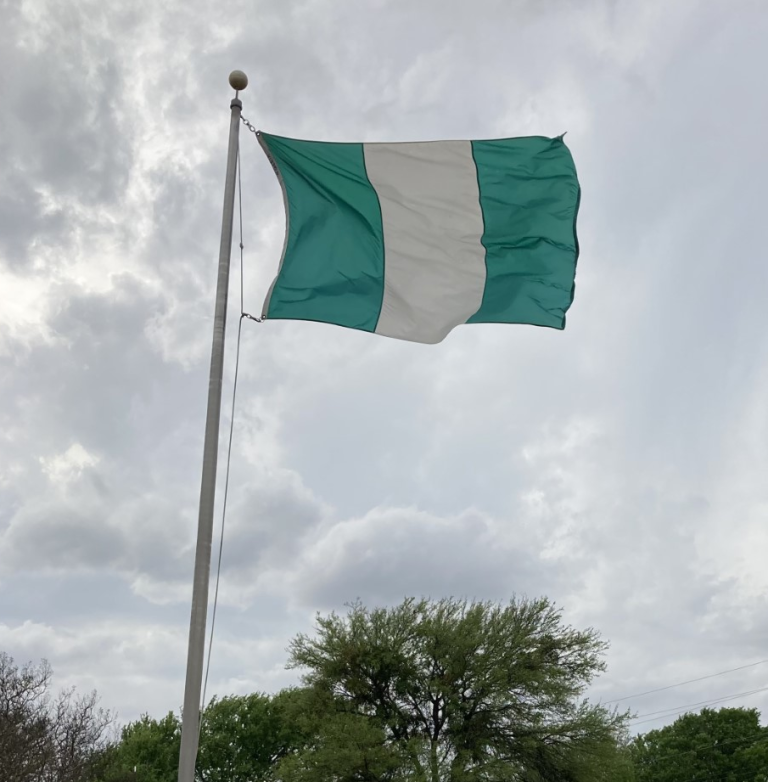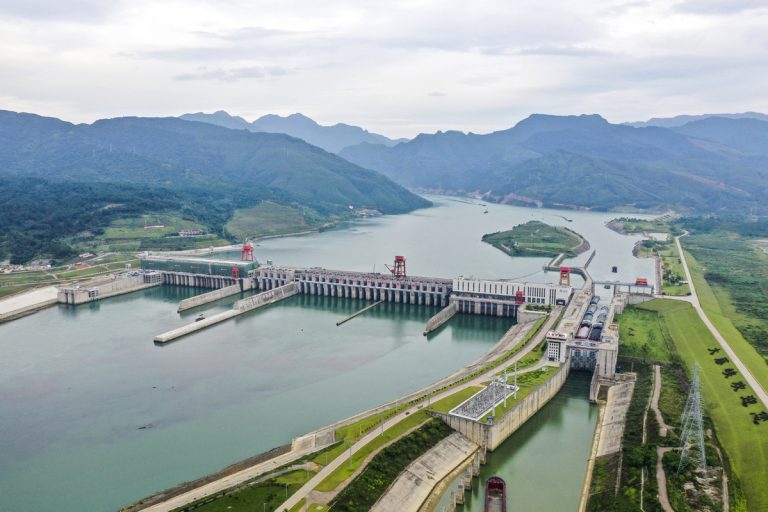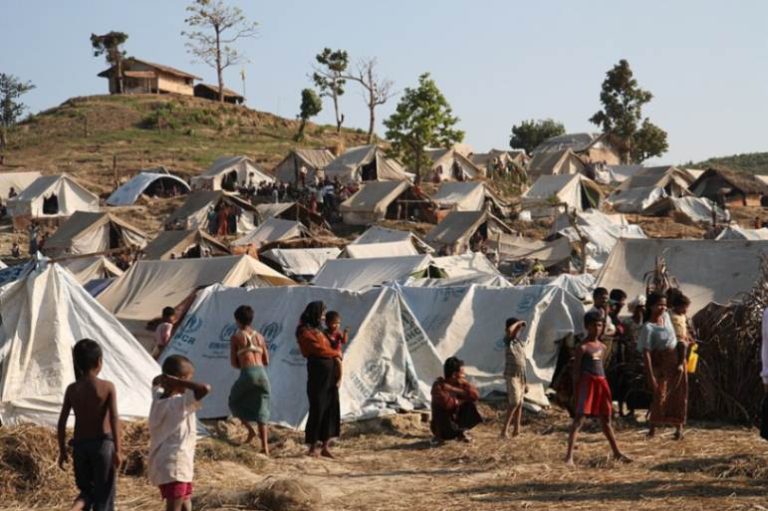
Digital diplomacy has revolutionized the landscape of international relations, empowering individuals and organizations to access information and engage in diplomatic activities with unprecedented ease. Through digital platforms, interactions among various stakeholders, regardless of borders, have flourished, ushering in an era of enhanced transparency in diplomatic proceedings. This transparency extends to public online spaces where diplomatic communications and activities are now frequently conducted, allowing for broader participation and scrutiny. Moreover, the emergence of new influencers, such as social media personalities and online activists, has reshaped public opinion and exerted significant influence on diplomatic endeavors.
However, alongside its myriad benefits, digital diplomacy presents complex challenges that require adept navigation. The proliferation of misinformation and disinformation online demands vigilant discernment, while the prevalence of online harassment and hate speech underscores the imperative of safeguarding digital engagement. Despite these obstacles, digital diplomacy has catalyzed an evolution in traditional diplomatic practices, with diplomats leveraging digital tools for intra-diplomatic interactions and public engagement. This shift has underscored the critical importance of digital literacy, as diplomats and stakeholders alike must possess the skills and knowledge to navigate the complexities of online diplomacy effectively. Thus, as digital interactions continue to shape international relations, diplomacy must adapt to mitigate risks while harnessing the transformative potential of the digital age.
In today’s digital age, public diplomacy has transcended traditional boundaries, leveraging digital platforms to reach a vast and diverse audience worldwide. Social media and other digital tools have revolutionized communication, enabling swift responses to global events and issues while fostering collaboration among governments, NGOs, corporations, and individuals. This interconnectedness fosters cross-cultural interactions, promoting mutual understanding and fostering people-to-people diplomacy on a global scale.
Furthermore, the abundance of data in the digital realm empowers public diplomacy strategies with valuable insights, while innovative storytelling formats like podcasts, videos, and infographics enrich cultural exchanges and facilitate message dissemination. Governments are establishing virtual diplomatic presences to expand their reach, while digital tools facilitate rapid response and communication during international crises. Through online resources and courses, public diplomacy professionals are enhancing their skills and knowledge, while digital platforms serve as hubs for global networking and collaboration. Embracing these opportunities promises to amplify the effectiveness and impact of public diplomacy in an increasingly interconnected world.
In the digital era, the abundance of information online presents a formidable barrier for public diplomacy efforts aiming to resonate with their intended audience. False narratives, propagated amidst the vast sea of data, pose a particularly daunting challenge, as countering misinformation and promoting accurate information becomes increasingly arduous. Moreover, the democratization of influence in the digital landscape has shifted the dynamics of public opinion shaping, granting significant power to individuals and groups, thereby complicating the efforts of governments and traditional institutions to assert influence.
To navigate these complexities, public diplomacy practitioners must cultivate robust digital literacy skills to effectively leverage digital platforms. However, achieving impact requires striking a delicate balance between traditional face-to-face engagement and digital outreach. Yet, measuring the efficacy of digital public diplomacy remains a formidable task, given the difficulty of tracking online engagement and influence accurately. Additionally, resource constraints, including limited funding and personnel, often hinder the capacity of public diplomacy efforts to effectively engage in digital diplomacy. Addressing cultural and linguistic barriers, as well as privacy and security concerns, further underscores the multifaceted challenges inherent in digital public diplomacy. As digital platforms continue to evolve, necessitating continual adaptation and innovation, public diplomacy practitioners must embrace new skills, strategies, and approaches to navigate the complexities of the digital age effectively.







